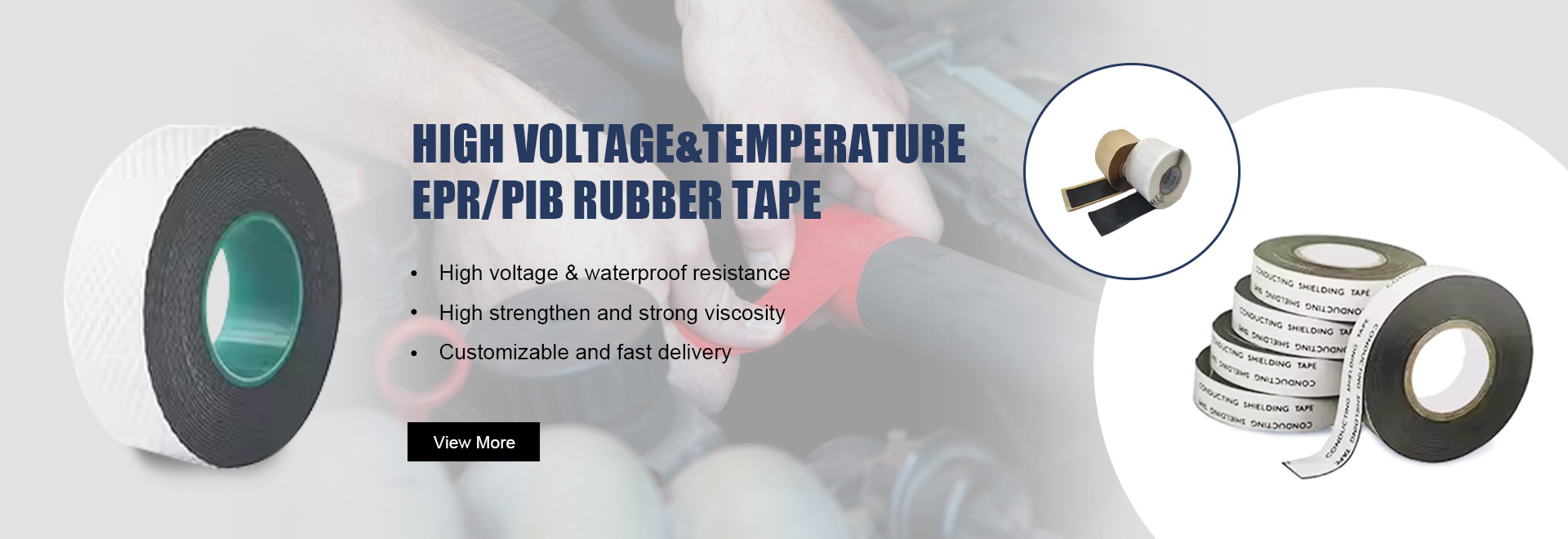The Benefits of Fibreglass Insulation Tape
In modern construction and repair works, insulation materials play a pivotal role in enhancing energy efficiency and maintaining comfortable indoor environments. Among various insulation materials available, fibreglass insulation tape stands out due to its myriad benefits and versatile applications. This article delves into what fibreglass insulation tape is, its advantages, and its typical uses, making it an essential component for both professional contractors and DIY enthusiasts.
What is Fibreglass Insulation Tape?
Fibreglass insulation tape is a type of tape made from fibreglass material, designed specifically for insulation purposes. It typically consists of a woven fibreglass fabric coated with a heat-resistant adhesive, which allows it to conform well to various surfaces while providing excellent thermal insulation. Due to its lightweight and durability, fibreglass insulation tape can be easily applied to different substrates, making it a practical choice for both residential and industrial applications.
Advantages of Fibreglass Insulation Tape
1. High Temperature Resistance One of the most remarkable features of fibreglass insulation tape is its ability to withstand high temperatures. This makes it an ideal choice for insulating pipes and ducts in high-heat environments, such as industrial facilities and power plants. Unlike other insulation materials that may degrade or lose effectiveness under heat, fibreglass retains its integrity, ensuring optimal performance.
2. Moisture Resistance Fibreglass insulation tape is inherently moisture-resistant, which is crucial for preventing mold and mildew growth. Its ability to repel water helps maintain the insulation's effectiveness over time, extending the lifespan of the insulated components. This characteristic is especially beneficial in areas prone to high humidity or water exposure, such as basements, bathrooms, and kitchens.
3. Lightweight and Flexible The lightweight nature of fibreglass insulation tape allows for easy handling and application. Its flexibility means it can be wrapped around irregular surfaces, ensuring comprehensive coverage in hard-to-reach areas. This adaptability simplifies installation, reducing labor time and costs.
fibreglass insulation tape

4. Chemical Resistance Fibreglass insulation tape is also resistant to various chemicals, making it suitable for use in environments where exposure to harsh substances is a concern. This quality is particularly advantageous in industrial settings, where equipment may be subjected to different chemicals during operation.
5. Cost-Effectiveness While fibreglass insulation tape may have a higher upfront cost compared to traditional insulation materials, its durability and long lifespan contribute to overall savings. By maintaining optimal thermal efficiency, it can significantly reduce energy bills over time, proving its worth as a long-term investment.
Common Applications
Fibreglass insulation tape is utilized in a variety of contexts, including
- HVAC Systems Used to wrap ducts and pipes, preventing heat loss and maintaining energy efficiency within heating, ventilation, and air conditioning systems. - Electrical Insulation Serves as an effective insulator for electrical wiring, protecting against heat and moisture.
- Automotive and Marine Uses Applied in vehicles and boats for thermal insulation, particularly in engine compartments and exhaust systems.
- Home Renovations Often employed during insulation upgrades in attics and crawl spaces, ensuring that homes remain energy efficient.
In conclusion, fibreglass insulation tape is a versatile and indispensable tool in insulation applications. Its ability to withstand high temperatures, resist moisture, provide chemical protection, and offer flexibility makes it an excellent choice for both professionals and DIYers. Whether you are considering a new insulation project or seeking to improve the energy efficiency of your existing structures, fibreglass insulation tape should be on your list of materials to consider. Its lasting benefits can significantly contribute to a comfortable and energy-efficient living or working environment.
-
Versatility with Tape Electrical InsulationNewsJun.09,2025
-
Floor Marking Tapes For WareHouseNewsJun.09,2025
-
Enhance Your Projects with PVC Electrical TapesNewsJun.09,2025
-
Enhance Your Projects with Automotive Wiring Harness TapeNewsJun.09,2025
-
Enhance Your Automotive Fabric TapesNewsJun.09,2025
-
Enhance Electrical Projects with Cambric TapeNewsJun.09,2025
